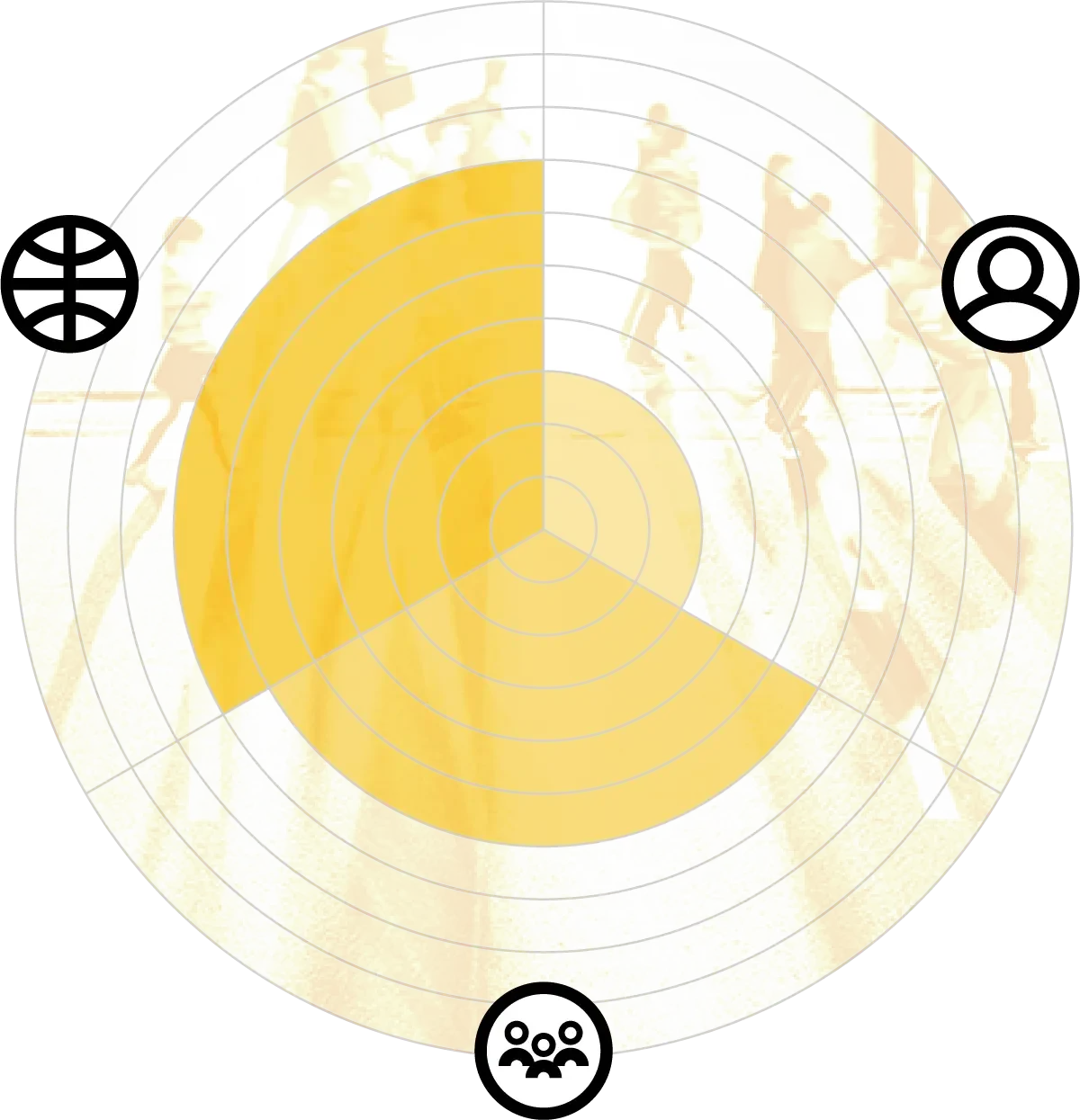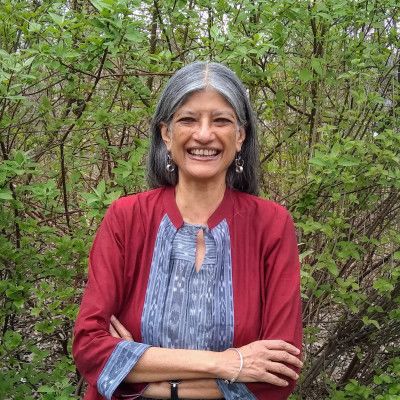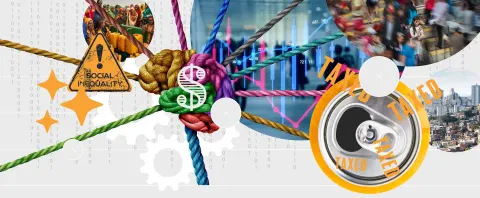Associated Sub-Fields:


Through integrating a more holistic understanding of economic history with the realities of 21st-century human experience into economic models and practice, developments in this field are posing provocative questions and challenging the very basic definitions on which mainstream economic theory has been based.
Old ideas that assumed perfectly rational actors always acting in their individual self-interest to maximise specific conceptions of utility, for instance, are being replaced. Behavioural economics integrates psychological insights to explain how cognitive biases, social preferences, and limited will power systematically affect economic decisions. This field challenges fundamental assumptions about the behaviour of economic agents and market efficiency, and has also changed policy approaches towards “nudges” and changes in choice architecture.
A significant transformation in the recent past is the emergence of the knowledge economy, with the rise of the digital economy and big data analytics, as well as emerging AI providing both new insights and new challenges for economic analysis. Many observers expect AI agents to rapidly boost productivity in the short term, while the medium- and long-term prospects of artificial general intelligence (AGI) and an AI “singularity” raise concerns about job displacement and the concentration of wealth. This is driving a greater focus on questions of well-being, technological control and wealth distribution, to ensure that the benefits of such new technologies are widespread and not confined to the powerful few.
There is also greater recognition of the global nature of long-run economic processes and the ways in which they have generated, reinforced and in, some cases, reversed inequalities. There are also moves to integrate knowledge, experience and expertise from countries and regions that have been under-represented in the development of economic thinking. Additionally, the realities of climate change and biodiversity loss are altering how experts think about the world’s economic resources and operations. The interconnectedness of the human economy with natural systems requires that economists advocate for sustainable-scale, equitable resource distribution and efficient allocation within planetary boundaries.
Research into these issues is already uncovering many policy solutions that could lead to resilient, inclusive, sustainable societies. Sustainable economic policies must also deal with the realities and implications of climate change. This has led to forced migration, with all kinds of consequences on the societies at the origin and the destination. It has also impacted agriculture through altered environmental conditions. Our societies also have to solve issues arising from globalisation and from automation and its effect on employment before they cause significant economic changes that lead to social unrest.
KEY TAKEAWAYS
Contemporary economic thought is undergoing a significant transformation, moving beyond the traditional, limited models of economic action to incorporate emerging ideas and understanding about the way all humans operate in the 21st century, contextualised with understanding of the planetary implications of these operations. Behavioural economics challenges the notion of perfectly rational individual utility-maximising actors, integrating insights from psychology to understand real-world decision-making. The rise of an Economics of knowledge, supercharged by AI, is profoundly redefining work, production and life. Transnational economics, which aims to recognise the global nature of economic processes through history and to incorporate the growing role and influence of lower- and middle-income countries, is changing perceptions of how countries develop and what can be learned about adaptive job markets and resilience. Parallel to this, Ecological economics emphasises the interconnectedness of the human economy with natural systems, advocating for sustainable-scale, equitable distribution of assets and incomes as well as access and control over the products of nature to enable expansion of economic welfare within planetary boundaries. All of these areas are interconnected, requiring the development of a radically holistic set of economic ideas.
Anticipatory Impact:
Three fundamental questions guide GESDA’s mission and drive its work: Who are we, as humans? How can we all live together? How can we ensure the well-being of humankind and the sustainable future of our planet? We asked researchers from the field to anticipate what impact future breakthroughs could have on each of these dimensions. This wheel summarises their opinions when considering each of these questions, with a higher score indicating high anticipated impact, and vice versa.
- Anticipated impact on who we are as humans
- Anticipated impact on how we will all live together
- Anticipated impact on the well-being of humankind and sustainable future of our planet








